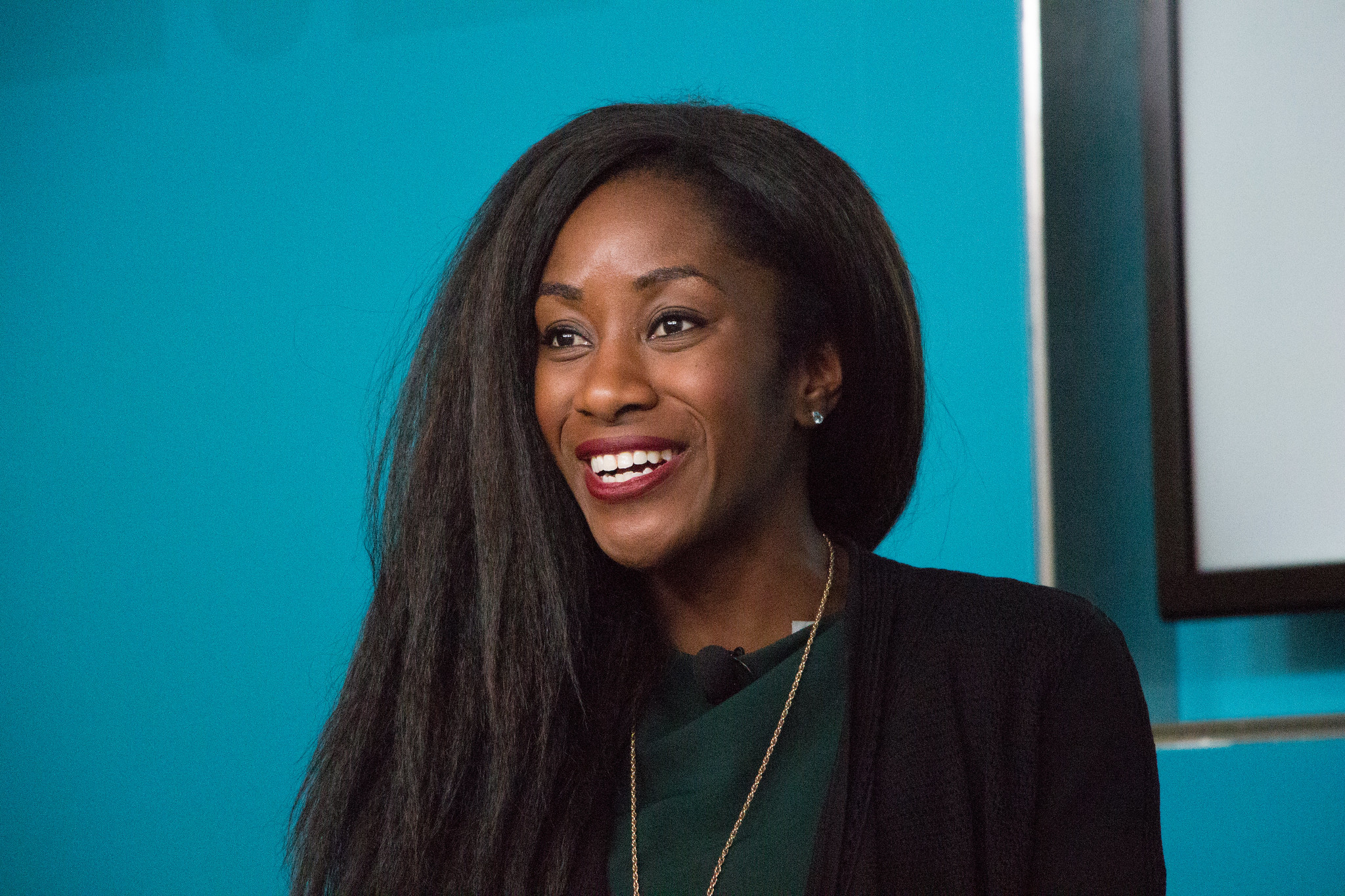A recent column by Washington Post journalist Karen Attiah has sparked discussion about the intersection of victimhood and self-absorption in contemporary journalism. Critics argue that such attitudes reflect a broader trend among some media figures who perceive themselves as victims despite their privileged positions.
Explainer Critics Say Victimhood And Narcissism Are Common Among Journalists
In her op-ed, Attiah discusses her personal journey of gaining strength through fitness, framing it as a form of resistance against societal norms. She writes about her experiences with body image and the stereotypes she faced as a teenager, stating, "I hated being skinny" and expressing a desire to be strong enough to challenge the gender system.
Attiah's narrative, while focusing on her accomplishments in fitness, also includes complaints about unsolicited attention from men and societal expectations. Critics point out the contradictions in her portrayal of herself as a victim while simultaneously enjoying the benefits of her success, including a gym membership and the time to train.
Casey Chalk, a senior contributor at The Federalist, highlights this paradox, stating, "Attiah is a self-described victim of a white supremacist and patriarchal American society — yet she also has sufficient money for gym memberships and the time to gain 20 pounds of muscle."
This sentiment is echoed by others in the media landscape. CBS late-night host Stephen Colbert has also positioned himself as a victim, particularly in response to the cancellation of his show, which some critics argue was a strategic move to appease political pressures. Colbert's critics assert that his claims of victimhood are at odds with his prominent platform and influence.
The phenomenon is not limited to individual journalists. Critics argue that a culture of victimhood and narcissism is prevalent among many in the elite journalism class. Taylor Lorenz, formerly of The Washington Post, has publicly discussed her struggles with online criticism, claiming it has led to PTSD. Critics have questioned the validity of her claims, given her status as a well-known journalist and author.
Chalk argues that this mindset reflects a broader issue within the media, stating, "The person who interprets everything through a lens of victimhood is already focused on the self and thus more prone to self-celebratory thoughts and behaviors."
Supporters of Attiah and others in the media contend that their experiences are valid and highlight important societal issues. They argue that discussions around victimhood can serve to raise awareness about systemic problems and empower marginalized voices.
As the debate continues, the implications for the media landscape remain significant. Critics assert that the intertwining of victimhood and self-promotion among journalists may contribute to a perception of irrelevance within legacy media.
In a time when media credibility is under scrutiny, the challenge for journalists may be to balance personal narratives with broader societal issues, ensuring that their voices contribute meaningfully to public discourse.
Why it matters
- Karen Attiah's column highlights the tension between personal narratives and perceived victimhood in journalism, sparking debate on media credibility.
- Critics argue that self-absorption among journalists undermines their authority and relevance, reflecting a troubling trend in the industry.
- The discussion raises questions about the role of personal experiences in journalism and their impact on public perception of media figures.
What’s next
- Media organizations may need to address the balance between personal storytelling and objective reporting to regain credibility.
- Upcoming discussions or panels on media ethics may explore the implications of victimhood narratives in journalism.
